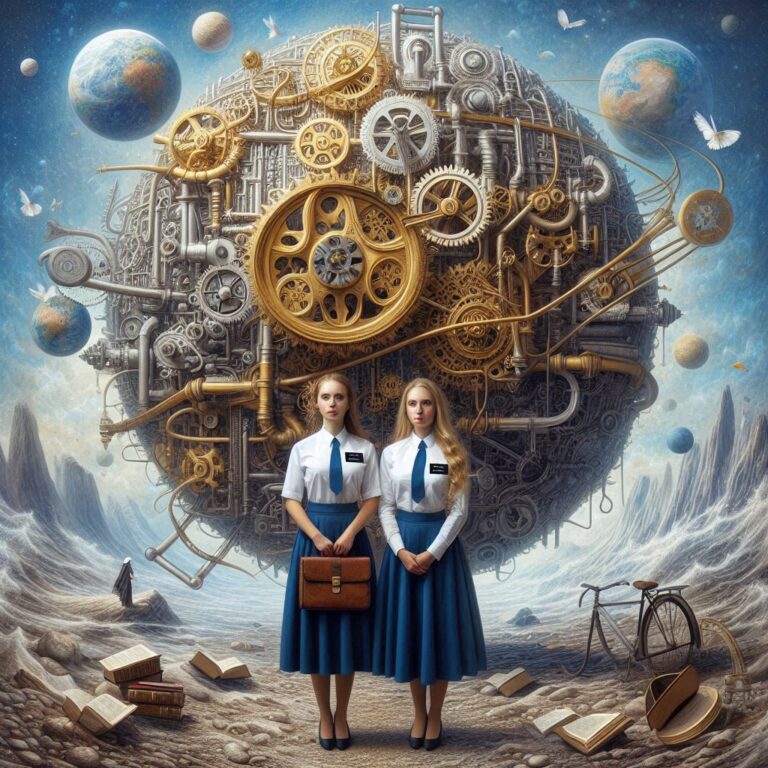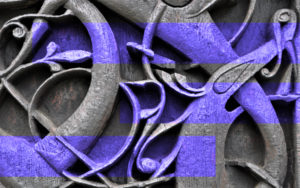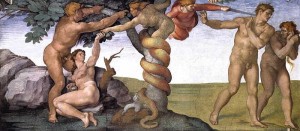MacKay Coppins at The Atlantic unfavorably reviews the new horror movie, Heretic, with the teaser being “The hollowness at the center of Heretic.” I won’t watch this movie because it sounds dumb, but some of Coppins’s criticisms have a familiar quality to them: disparage the active engagement of scholars and seekers and atheist personalities on the internet. I’ve been a bit disparaging too about some topics, but some of the ideas that she dismisses with a casual disregard are actually quite new and significant, whether relevant to core Christianity or Mormonism.
Coppins starts off, for instance, critiquing the “Reddit-level ideas about religion” and then quotes a Claremont professor about the “neo-Campbellian spiel that distorts Asian religions.” But one of the most interesting achievements of internet atheist personalities is the deep-dive into mythological borrowing and flow of religious ideology that is demonstrably present in all ancient religions. Whether the movie does that justice or not I can’t say, but the internet commentariat has doggedly surfaced all of the scholarship that the pastors and missionaries didn’t know but now have to contend with. This includes the strong Christian mythicist arguments that Jesus was an invented literary figure; it is of course rejected by believer scholars, but it is only rejected more mildly by secular historians who lean into a few phrase and passage claims to counteract it. Of course, that is just a hyper-personal touchpoint for believers and doesn’t have much purchase against all the obvious mythological borrowings like the Great Flood, miraculous acts, and virgin birth.
What we in fact see on the modern atheist internet are very deep collective engagements with both scholarship and common sense that look at topics that undermine almost all of the claims of these religions.… Read the rest


